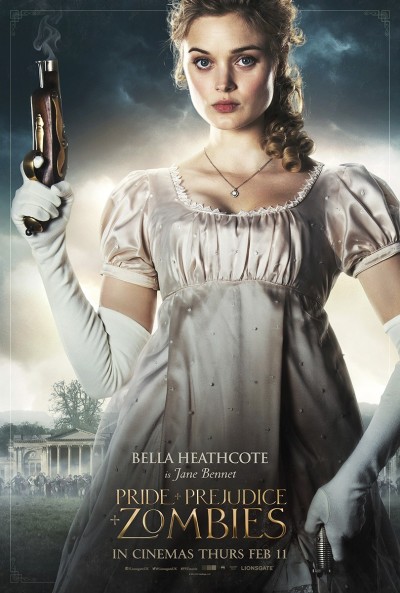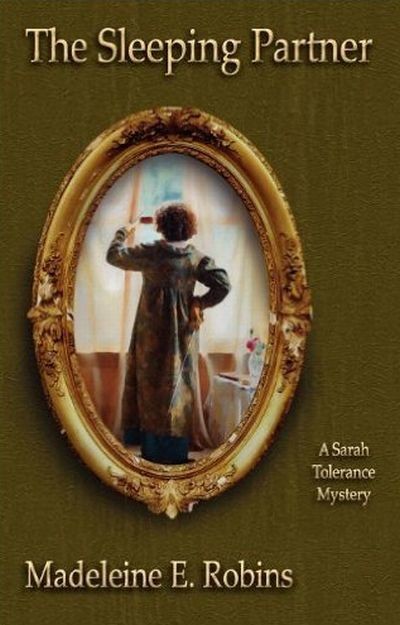 At the age of 16, the intelligent and spirited daughter of a country baronet, Sarah Brereton –the girl who would become the Sarah Tolerance that series fans know and admire– fell deeply in love with her brother’s fencing instructor, and he with her. (For modern readers, it’s important to recognize that in that day, teens were expected to mature and become responsible early; 16-year-old girls might well be married. So this wasn’t some sort of sick, pedophilic situation; Sarah was a young woman with the passion and impetuousness of youth, but in her society she was a woman, not a child, and Charles Connell was a normal, decent male.) Because of the class difference and paternal opposition, though, this relationship didn’t lead to a happy engagement and marriage, but to a hasty flight to the Continent, with Sarah disgraced, disowned by her family, and consigned to permanent Fallen Woman status. (Fallen men in her culture didn’t suffer any similar opprobrium.)
At the age of 16, the intelligent and spirited daughter of a country baronet, Sarah Brereton –the girl who would become the Sarah Tolerance that series fans know and admire– fell deeply in love with her brother’s fencing instructor, and he with her. (For modern readers, it’s important to recognize that in that day, teens were expected to mature and become responsible early; 16-year-old girls might well be married. So this wasn’t some sort of sick, pedophilic situation; Sarah was a young woman with the passion and impetuousness of youth, but in her society she was a woman, not a child, and Charles Connell was a normal, decent male.) Because of the class difference and paternal opposition, though, this relationship didn’t lead to a happy engagement and marriage, but to a hasty flight to the Continent, with Sarah disgraced, disowned by her family, and consigned to permanent Fallen Woman status. (Fallen men in her culture didn’t suffer any similar opprobrium.)
Like many people in that pre-antibiotic era, Connell died young, leaving her in effect a widow without ever having technically been a wife. Now, some 12 years later (we’re up to April, 1811 in this volume), she’s living in London under an assumed name, to spare her family from embarrassment. To support herself without resorting to the usual expedient of prostitution (friendless and helpless women in that environment being, pretty much invariably, sexually exploited women), she’s created the profession of “agent of inquiry” –a private investigator, in our parlance– for herself, putting her unique abilities to use. She’s smart, inquisitive, brave, able to move in a range of social circles and to pass for a man when she needs to, well trained by Connell in the use of a sword, and not afraid to pack and use a pistol. (In this volume, the level of violence in her physical altercations is again dialed down to the one-star level; but her weapons do come out, and she can definitely defend herself with aplomb.)
Her latest client is a young married woman, who desperately wants Sarah to find and rescue the lady’s 16-year-old younger sister (daughter of a peer), who’s disappeared, leaving behind a note indicating that she’s eloped with an unnamed lover. Obviously, this case stirs some very deep-seated feelings for Sarah. It will get more personal and wrenching, rather than less, as she investigates. And series fans won’t be surprised that there’s more to the mystery than at first meets the eye.
Many of my general comments on the preceding two books of the series apply to this one as well. Robins’ prose style and characterizations are as fine as ever; not just Sarah, but all of the characters (good and bad) are thoroughly real people whom we like, pity or detest. (Some are old friends from the earlier books, some are newly met.) The period flavor is as rich and rewarding as ever. (As usual, a concluding “Note on History, Faux and Real” explains the historical background, and where the author’s slightly alternate world diverges from ours in a few details.) Considering the kind of case our heroine is investigating, and the fact that she lives in a cottage behind her (also Fallen –“the black ewe of her generation”) aunt’s high-class brothel and has a prostitute for a close friend, sexual content here is relatively minimal. We also get a glimpse here of Sarah in church, which helps to deepen her character. Like many people of that day –including Jane Austen herself, a writer whose influence Robins readily admits– she doesn’t wear her faith on her sleeve, but it’s there, to a lot greater extent than some of the more ostentatiously pious might give her credit for. (Then and now, many of the latter tend to forget that a Christian society has to be, first and foremost, a community of forgiveness.) And the volume isn’t simply treading water in terms of the development of the series; there’s significant growth and change in relationships here.
Why, then, only four stars, when the two previous books got five? For only one reason. Here, in the resolution/explanation of the skullduggery at the heart of events, there’s one major logical contradiction (which is impossible to explain without a spoiler). Robins papers it over without any real explanation (and it’s possible she actually didn’t recognize it herself!), but because it’s central to the resolution of the book, I had to reluctantly deduct a star for it. But it’s still a great read!
A couple of notes are relevant on the way words were used differently in 1811 than today. First, a clergyman here is said to be “Unitarian.” Today’s “Unitarians” are somewhat similar to the “Deists” of Sarah’s day (except that most today would be even more skeptical, and less willing to accept a label of Christian, or even of theistic). “Unitarians” in Sarah’s world, however (like the slightly later March family in Little Women) were what are sometimes called “Biblical Unitarians,” holding orthodox views on the atonement and the authority of Scripture, and definitely not Deists –in other words, much more conservative than the term suggests today. Second, the word “whore” is used in these books simply as the normal word for what we would today call a prostitute. Obviously, it was an inherently insulting term to apply to a woman who was NOT in that trade, but for those who were, it didn’t have any particularly insulting connotation; the girls themselves used it as a normal self-designation. No speaker today would use it, even to a woman who is a sex worker, without a deliberate intention to hurt and demean; but in 1811, there generally is no such intention (and usually no such effect).
This is the latest Sarah Tolerance book to date –published in 2011, seven years after the previous one. It isn’t clear whether Robins intends to continue the series past this point. If not, there are features to this volume that could make it a satisfactory conclusion to what will then be a trilogy. But if the author does ever intend, in the future, to visit Sarah’s London again, I and I’m sure a goodly number of other fans will eagerly come along for the ride!
Author: Madeleine E. Robins
Publisher: Plus One Press, available through Amazon, both for Kindle and as a printed book.
A version of this review previously appeared on Goodreads.
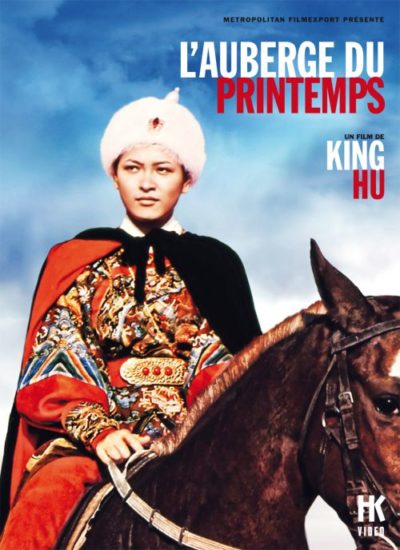 Probably best to start with a quick history lesson. In the fourteenth century, part of China was under Mongol rule, but there was a growing movement to oust the occupiers. Leading the battle against the rebels is the titular general, and it appears he has a mole inside their headquarters, who has arranged to pass Khan a crucial map that could derail the rebellion entirely. Learning in advance that Khan will be staying at the Spring Inn, a venue owned by one of their own, Wendy (Li), the freedom fighters set in motion a daring plan to steal back the map, and assassinate Khan before he can take advantage of the information. However, it turns out – as usual! – that there are others at the inn who have agendas of their own, operating undercover on both sides. So when Khan and his sister finally show up, they may be well-aware of what lies in wait for them…
Probably best to start with a quick history lesson. In the fourteenth century, part of China was under Mongol rule, but there was a growing movement to oust the occupiers. Leading the battle against the rebels is the titular general, and it appears he has a mole inside their headquarters, who has arranged to pass Khan a crucial map that could derail the rebellion entirely. Learning in advance that Khan will be staying at the Spring Inn, a venue owned by one of their own, Wendy (Li), the freedom fighters set in motion a daring plan to steal back the map, and assassinate Khan before he can take advantage of the information. However, it turns out – as usual! – that there are others at the inn who have agendas of their own, operating undercover on both sides. So when Khan and his sister finally show up, they may be well-aware of what lies in wait for them…




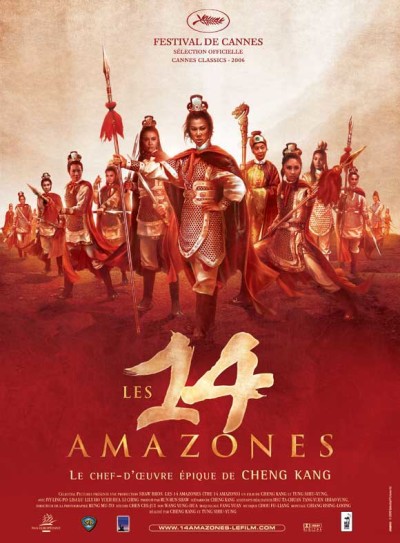
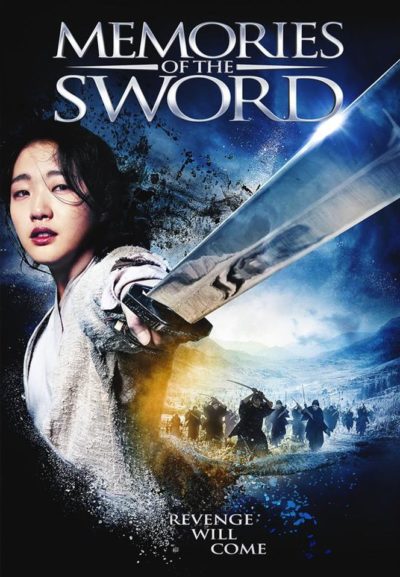


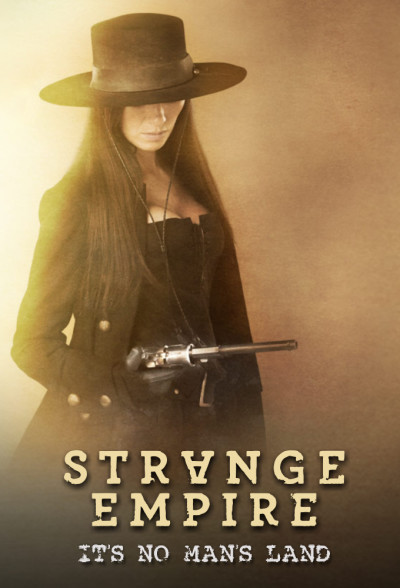
 This Canadian TV series ran for 13 episodes, but was not renewed at the end of the first series, leaving the double shock which occurred at the end of the final episode, with no hope of resolution. That’s a shame, since there was a lot to like about its grubby portrayal of 1869 life, just north of the border between Canada and Montana. It begins when a wagon train of settlers, passing near the mining settlement of Janestown, is attacked and almost all the men are killed or driven away, leaving the women to fend for themselves. In particular, there is Kat Loving (Gee), a half-Indian sharpshooter who seeks the truth about her husband’s fate, and Rebecca Blithely (Farman), a female medical researcher, something almost unheard of at the time. But they are up against John Slotter (Poole), who runs Janestown as his own personal fiefdom, and whose wife Isabelle (Jones) is a match for the new arrivals in terms of her wits, and likely surpasses them when it comes to crafting of intrigues.
This Canadian TV series ran for 13 episodes, but was not renewed at the end of the first series, leaving the double shock which occurred at the end of the final episode, with no hope of resolution. That’s a shame, since there was a lot to like about its grubby portrayal of 1869 life, just north of the border between Canada and Montana. It begins when a wagon train of settlers, passing near the mining settlement of Janestown, is attacked and almost all the men are killed or driven away, leaving the women to fend for themselves. In particular, there is Kat Loving (Gee), a half-Indian sharpshooter who seeks the truth about her husband’s fate, and Rebecca Blithely (Farman), a female medical researcher, something almost unheard of at the time. But they are up against John Slotter (Poole), who runs Janestown as his own personal fiefdom, and whose wife Isabelle (Jones) is a match for the new arrivals in terms of her wits, and likely surpasses them when it comes to crafting of intrigues.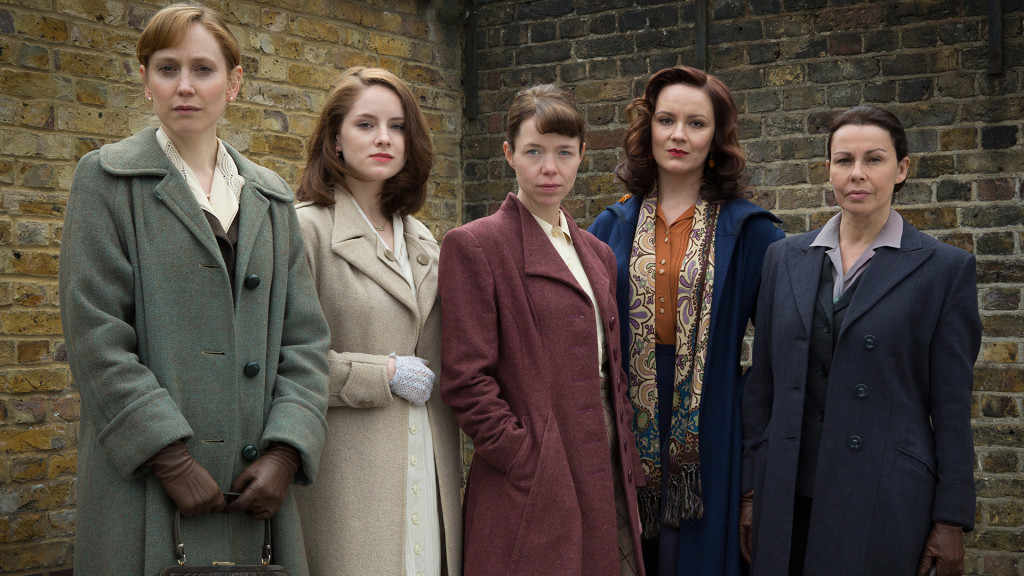
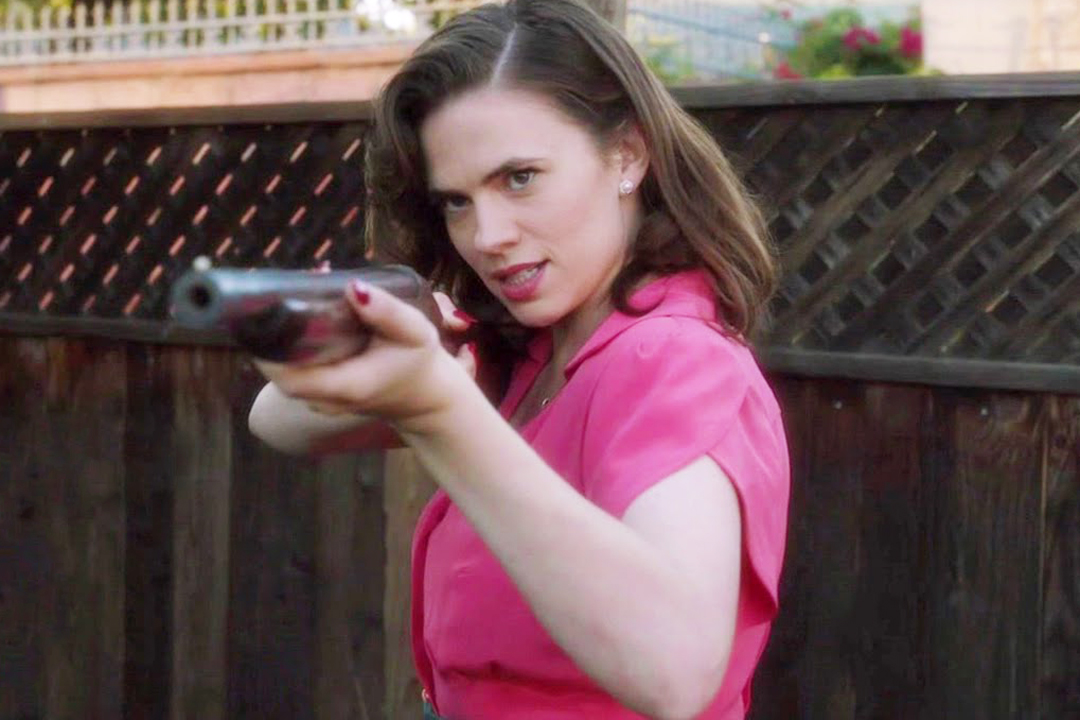
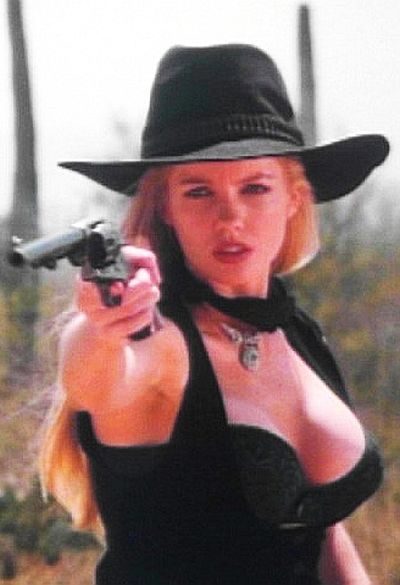 I can’t believe an IMDb reviewer wrote the above, with an apparently straight face, because it’s severely missing the point of this nudie-cutie Western. The women are certainly packing, but the large-caliber weapons on display are not restricted to six-shooters, if you know what I mean, and I think you do… That said, I reviewed this as a girls with guns flick a long time ago, back when this site was not even a gleam in my eye. But watching it again, I was beginning to wonder if I’d seen a different movie, as the first half is entirely action-heroine free.
I can’t believe an IMDb reviewer wrote the above, with an apparently straight face, because it’s severely missing the point of this nudie-cutie Western. The women are certainly packing, but the large-caliber weapons on display are not restricted to six-shooters, if you know what I mean, and I think you do… That said, I reviewed this as a girls with guns flick a long time ago, back when this site was not even a gleam in my eye. But watching it again, I was beginning to wonder if I’d seen a different movie, as the first half is entirely action-heroine free.